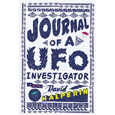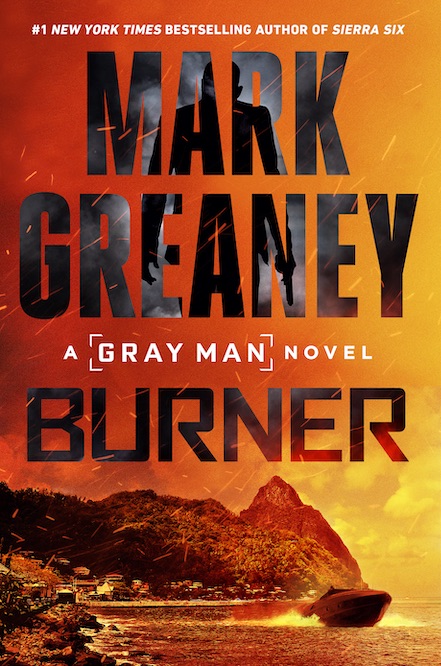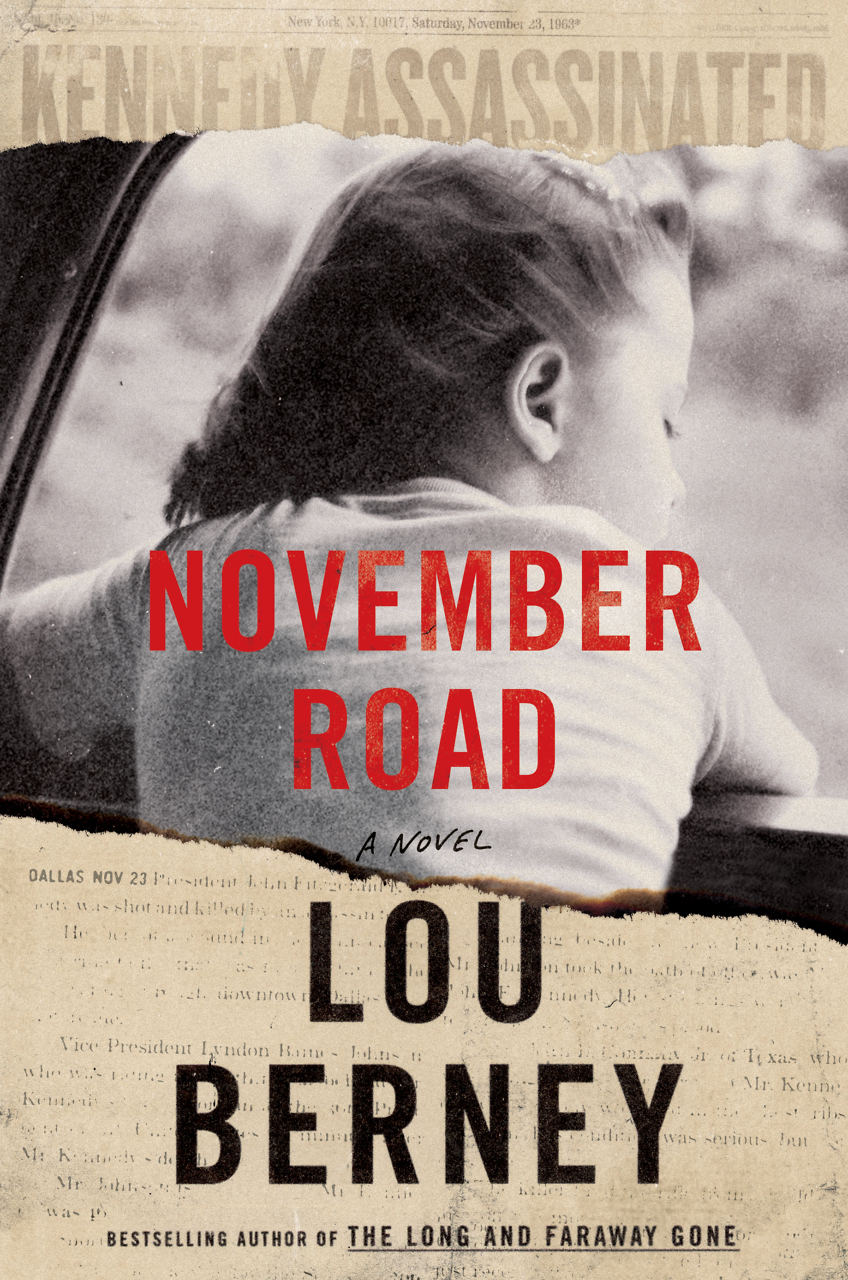Small and Immense
In a new collection, poet Jeff Hardin explores greatness in artists and in nature
If the title of Jeff Hardin’s latest poetry collection, No Other Kind of World, seems like a challenge, it is also a recommendation. The wonders here on Earth are many, and they’re not so hard to find. The book begins in praise of poets. Neruda, Bishop, Rilke, Basho—Hardin pays homage to the towering figures of verse. He reminds us that individuals are capable of greatness. It’s a grand project, but Hardin’s quick wit creates a welcoming, playful tone.
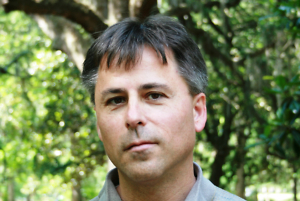 In “A Different Country,” he imagines poets on The Ed Sullivan show. Instead of The Beatles, there’s Robert Bly “sending / us out into silences, onto roads / deserted all night.” It’s a joke, perhaps, but a charming one. Hardin’s abecedarian “How Many Lives Do You Have?” is a dazzling display of word gymnastics, each writer from Aesop to Zagajewski receiving a role in the speaker’s imagination: “Whitman nods to me, the two of us hid out beneath the silence of the stars.” In that relationship to nature—two men feeling small when faced with the heavens—the poem shows off the collection’s unique balance of grandeur and humility. This beguiling combination also appears in “In Winter.” An idyllic childhood memory makes the speaker feel both “soul-small / and immense.” It is a testament to the poet’s skill that we understand how a moment can hold such competing truths at once.
In “A Different Country,” he imagines poets on The Ed Sullivan show. Instead of The Beatles, there’s Robert Bly “sending / us out into silences, onto roads / deserted all night.” It’s a joke, perhaps, but a charming one. Hardin’s abecedarian “How Many Lives Do You Have?” is a dazzling display of word gymnastics, each writer from Aesop to Zagajewski receiving a role in the speaker’s imagination: “Whitman nods to me, the two of us hid out beneath the silence of the stars.” In that relationship to nature—two men feeling small when faced with the heavens—the poem shows off the collection’s unique balance of grandeur and humility. This beguiling combination also appears in “In Winter.” An idyllic childhood memory makes the speaker feel both “soul-small / and immense.” It is a testament to the poet’s skill that we understand how a moment can hold such competing truths at once.
This theme of contradiction continues in “Prosopagnosia” where Hardin considers the possibility that America is actually a Goliath and not a David. Politics sneaks rather than stomps into these pages, but it’s hard not to think of this poem in terms of our national moment—many frightened by the country’s leadership, many in a frenzy over the spectacle. Hardin asks us to consider that we could be the villain in this story rather than the one “holding a stone / ready to leap toward the fight.” The poem’s title is the formal name for facial blindness, a phenomenon in which sufferers are unable to remember faces they’ve seen before, sometimes not recognizing close friends and family members. While prosopagnosia is a real disorder, it also works as a metaphor for our inability to recognize our own roles. Are we hero or monster? Underdog or the one holding all the power? And how can we be sure?
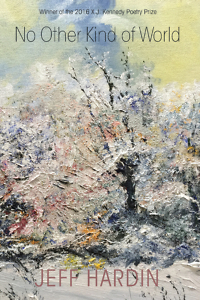 With such large questions on his mind, it’s no surprise that Hardin turns to concrete imagery as a sort of tether holding him to the ground. He creates a sense of place particularly well. The “middle of nowhere” he evokes in “Always Upstream or Downstream” comes into view with an “old canoe” and a “can of red worms.” In “To a Farmer Whose Fields Are Ruined,” he writes, “This world / we ride is holding us in place.” Fans of Patty Griffin might easily imagine these lines in her bold alto voice. Hardin mentions her and several other musicians in No Other Kind of World as if to say, See? We’re not all bad down here on this planet.
With such large questions on his mind, it’s no surprise that Hardin turns to concrete imagery as a sort of tether holding him to the ground. He creates a sense of place particularly well. The “middle of nowhere” he evokes in “Always Upstream or Downstream” comes into view with an “old canoe” and a “can of red worms.” In “To a Farmer Whose Fields Are Ruined,” he writes, “This world / we ride is holding us in place.” Fans of Patty Griffin might easily imagine these lines in her bold alto voice. Hardin mentions her and several other musicians in No Other Kind of World as if to say, See? We’re not all bad down here on this planet.
Hardin’s interest in music is, of course, appropriate for a Volunteer State native. Born in Savannah, Tennessee, the poet now teaches at Columbia State Community College. His previous collections, including Restoring the Narrative (winner of the Donald Justice Poetry Prize), have been widely praised. And yet when he names luminaries such as Dickinson or Tranströmer, his attitude is never presumptuous. Instead, he revels in the uncertainty of writing, trusts the thoughts inspired by—more often than not—the natural world. In “Plenitude” for example, he seems anxious to confront the universe’s mysteries: “What’s knowable / trembling // to be so near / to what’s not.”
Despite the modern references, there’s a timelessness to Hardin’s work: as long as people exist, someone will always be sitting by a field, and someone will always be out in a boat or climbing onto a barn roof. No Other Kind of World is a memorable collection of poems that praises life while acknowledging its challenges. Readers are left with a realistic sense of wonder by this honest, beautiful book.

Erica Wright is the author of a new crime novel, The Granite Moth, as well as two poetry collections. Now a senior editor at Guernica, she grew up in Wartrace, Tennessee, and received her M.F.A. from Columbia University.
